Readings in Goethean Science
An introduction to Goethe’s natural scientific writings, this book provides an alternative approach to “a science of living nature,” one that goes beyond simple numbers and measurements. Goethe’s development of morphological thought is a disciplined methodology that provides such an alternative. Through such observation, we can being to see the essence of living nature. Rudolf Steiner derived his theory of knowledge from Goethe’s practice of natural science – and hence our understanding of biodynamic agriculture is tied to Goethe’s approach.
This short book includes five key essays by Goethe (Nature, Explanatory Words on the Essay Nature, Happy Encounter, Perceptive Judgment, and Experiment as Mediator Between Object and Subject) and two by Rudolf Steiner (Inorganic Nature and Organic Nature, both from A Theory of Knowledge Implicit in Goethe’s World Conception).
Johann Wolfgang von Goethe (1749–1832) is a giant of German and world literature. Indeed, he coined the term Weltliteratur and spoke Greek, Latin, French, English, and Italian. In addition to its profound quality, the volume of work during his eighty-two-year lifetime is impressive. Among other works, Goethe wrote a worldwide, bestselling novel, The Sorrows of Young Werther (Die Leiden des Jungen Werthers, 1774), volumes of poetry, and several dramas, including his masterwork Faust— a massive two-volume work that was not entirely finished by the time of the poet’s death. Goethe also engaged in painting and science, from which came his Theory of Color (“Farbenlehre”) among other scientific works—a collected edition that Rudolf Steiner edited and introduced as a young man (see Nature’s Open Secret). Indeed, Goethe’s body of scientific and philosophical works was one of the most important influences in the development of Rudolf Steiner’s early work and for Anthroposophy as a whole.
Rudolf Steiner (1861–1925) was born in the small village of Kraljevec, Austro-Hungarian Empire (now in Croatia), where he grew up. As a young man, he lived in Weimar and Berlin, where he became a well-published scientific, literary, and philosophical scholar, known especially for his work with Goethe’s scientific writings. At the beginning of the twentieth century, he began to develop his early philosophical principles into an approach to systematic research into psychological and spiritual phenomena. Formally beginning his spiritual teaching career under the auspices of the Theosophical Society, Steiner came to use the term Anthroposophy (and spiritual science) for his philosophy, spiritual research, and findings. The influence of Steiner’s multifaceted genius has led to innovative and holistic approaches in medicine, various therapies, philosophy, religious renewal, Waldorf education, education for special needs, threefold economics, biodynamic agriculture, Goethean science, architecture, and the arts of drama, speech, and eurythmy. In 1924, Rudolf Steiner founded the General Anthroposophical Society, which today has branches throughout the world. He died in Dornach, Switzerland.
Herbert Hans Koepf (1914–2007) was a hands-on farmer in Germany who went on to receive a PhD in agriculture, specializing in soil science. In 1962, after the death of Ehrenfried Pfeiffer, with whom Koepf had worked closely, he became director of Pfeiffer’s biodynamic research laboratory in Spring Valley, New York. In 1970, he moved to Emerson College in the UK to run the annual biodynamic agriculture course until 1990. He lectured widely and was head of the Agriculture Section at the Goetheanum in Switzerland. His other books include Research in Biodynamic Agriculture: Methods and Results (1993).

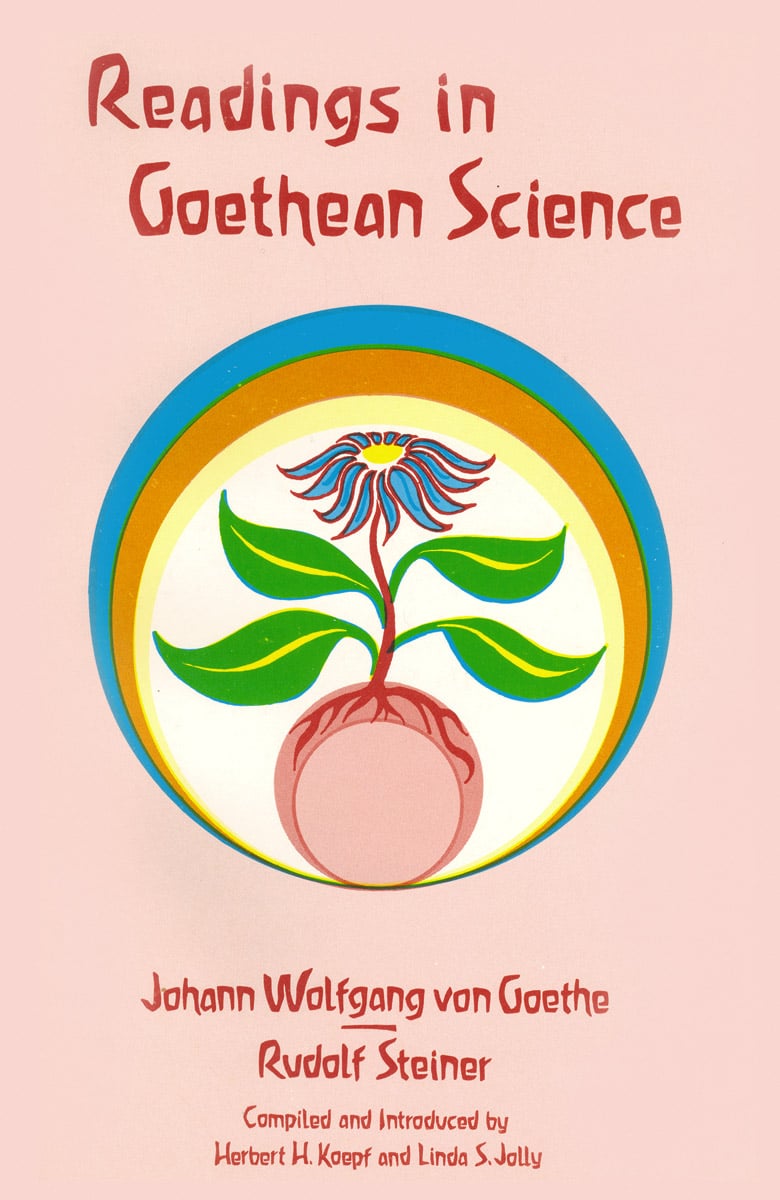
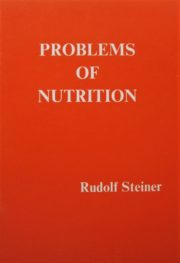
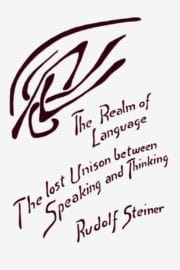

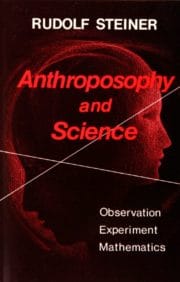



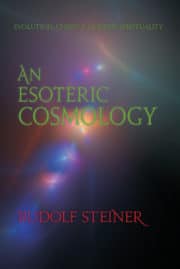
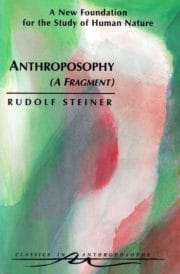

Reviews
There are no reviews yet